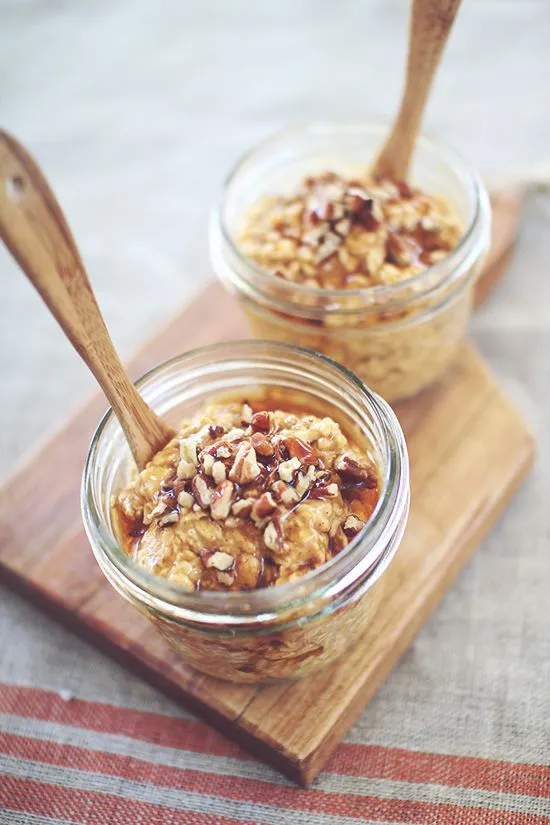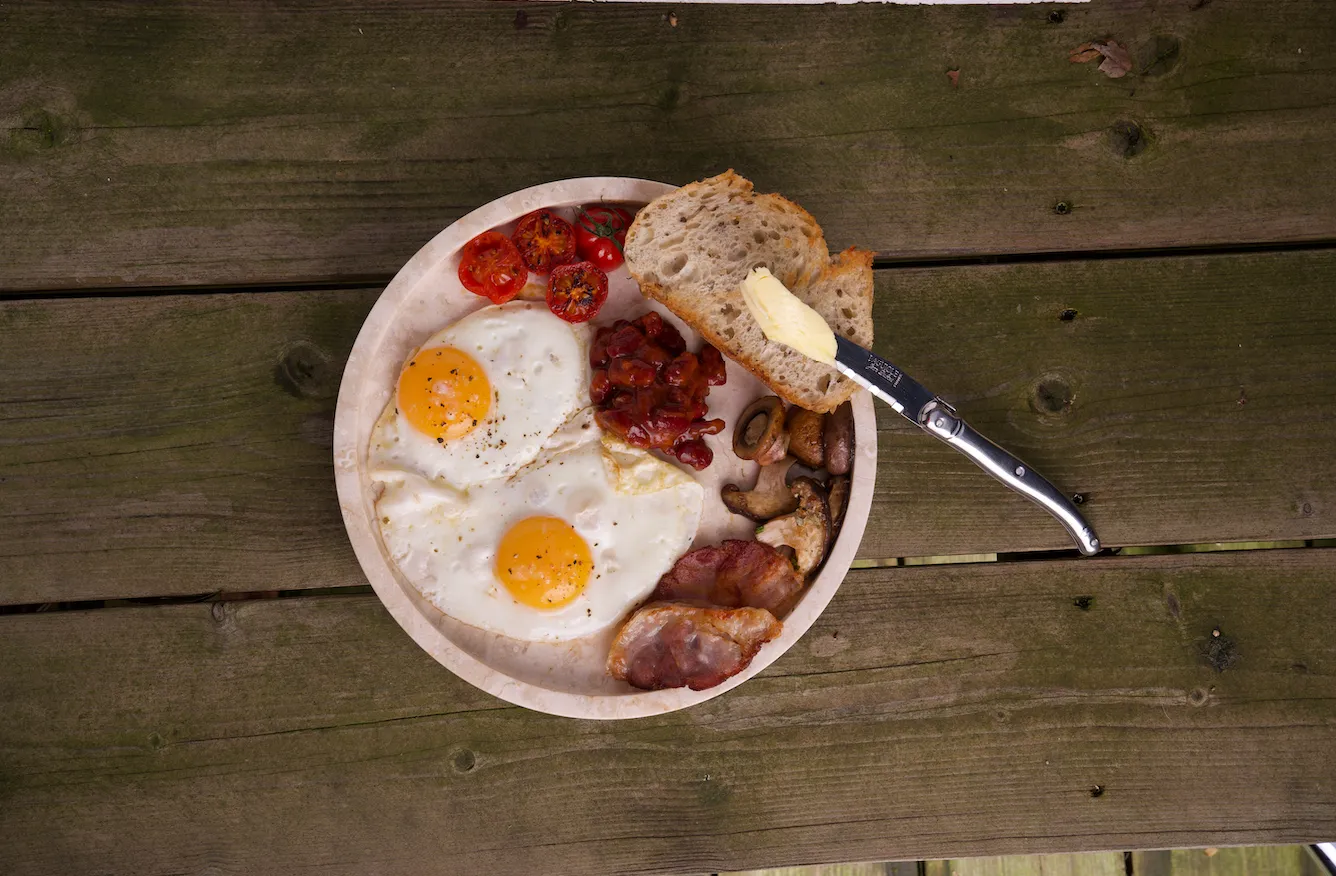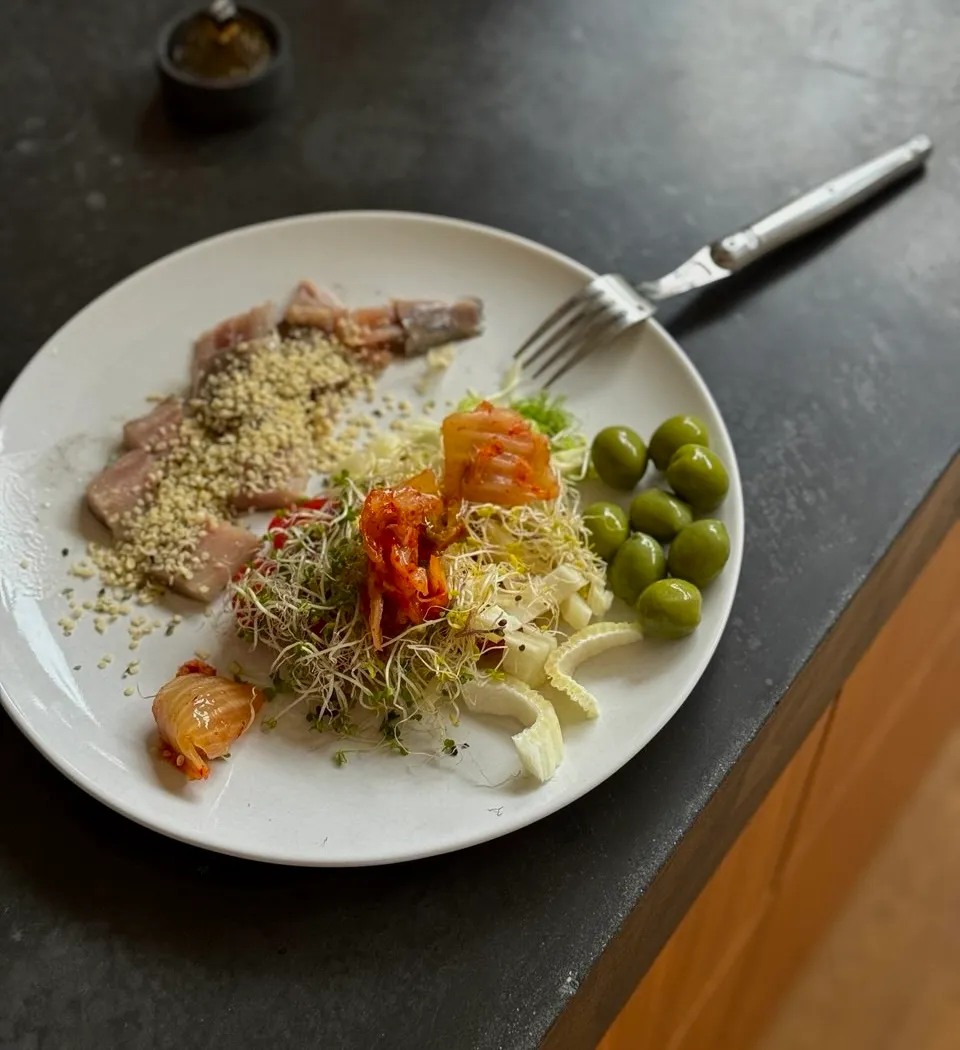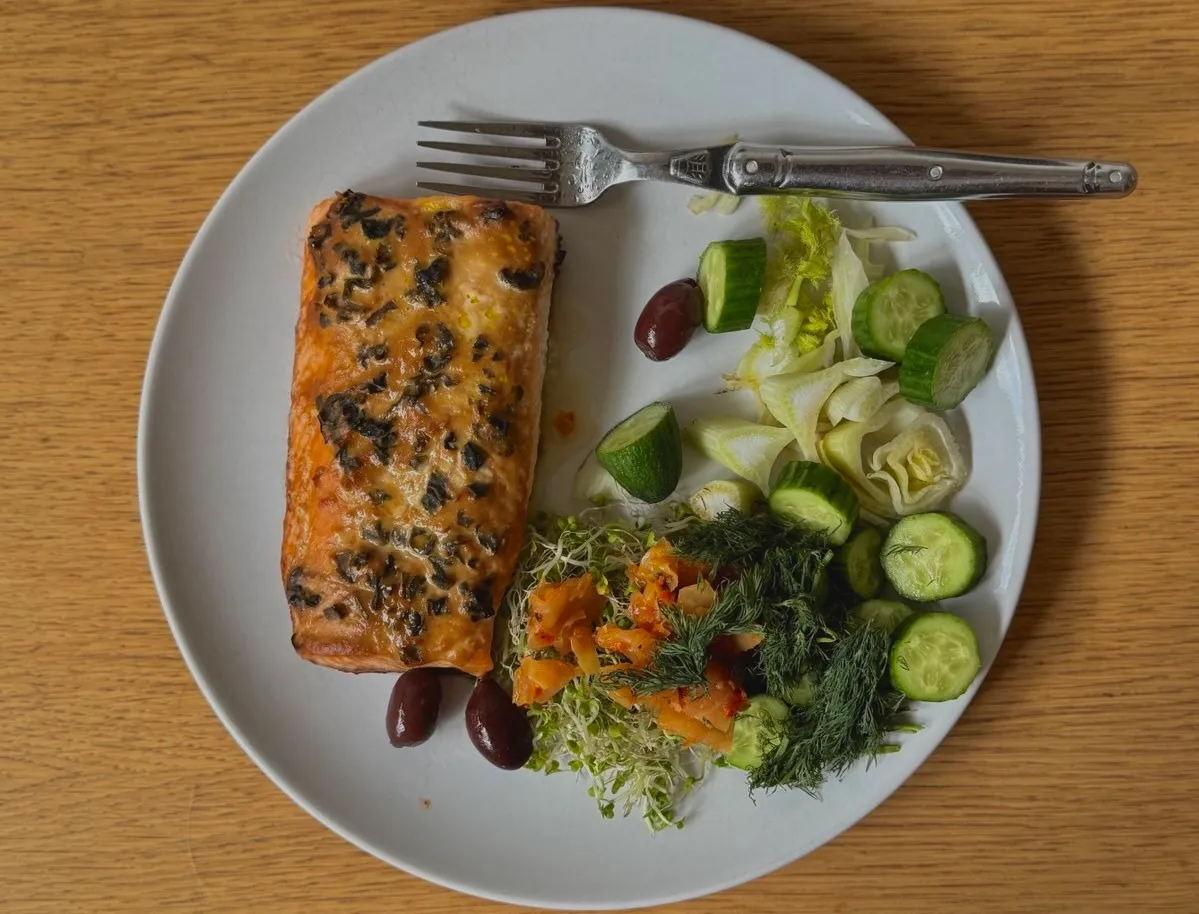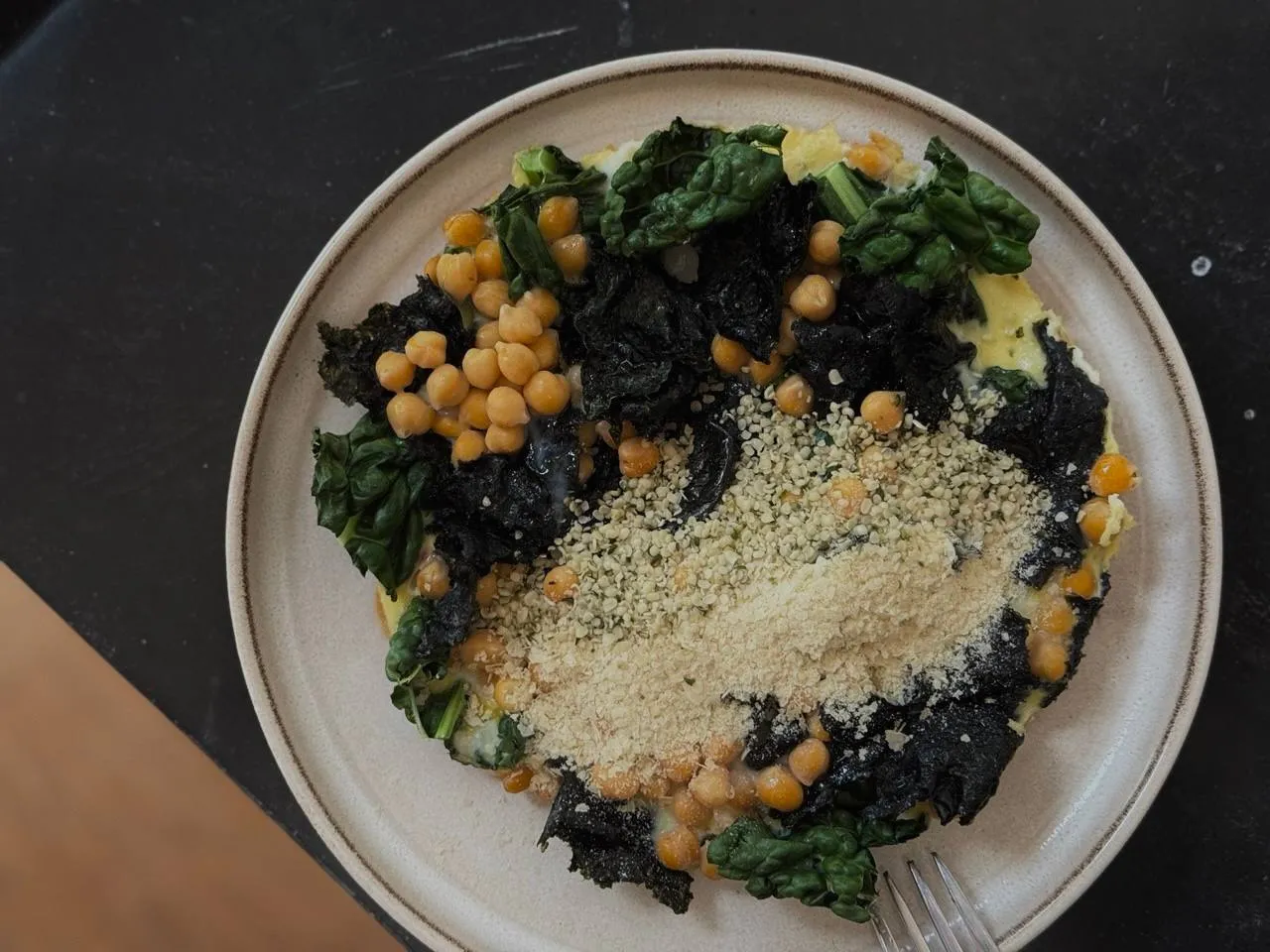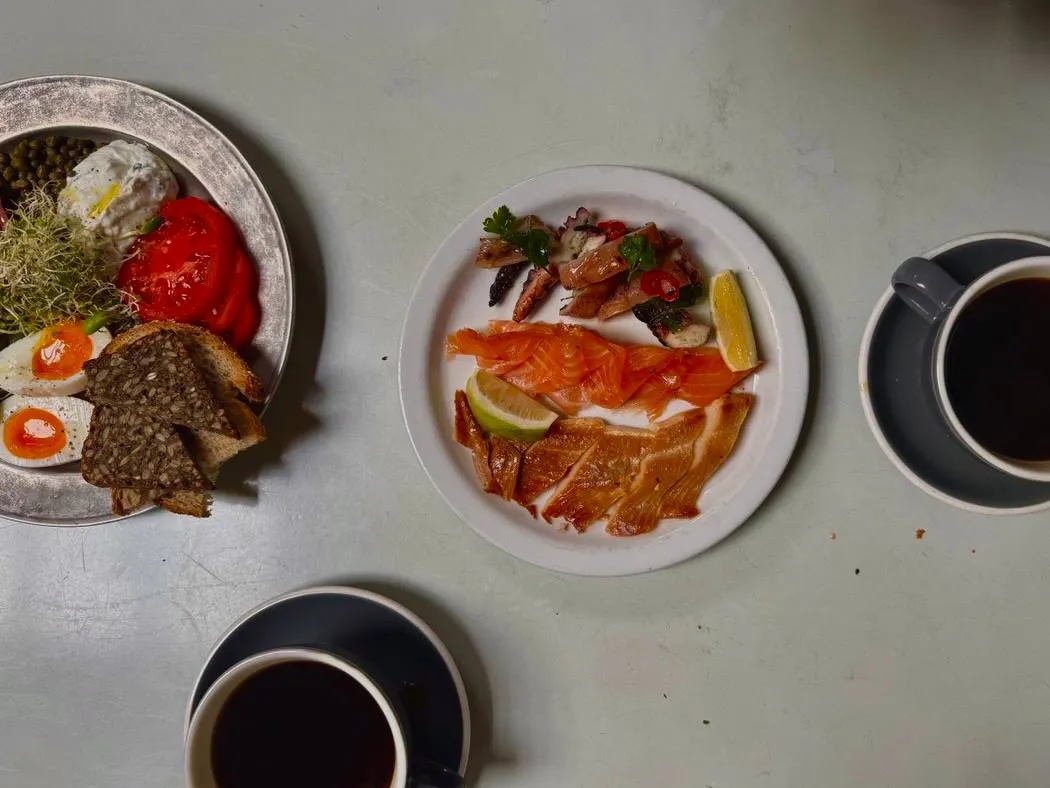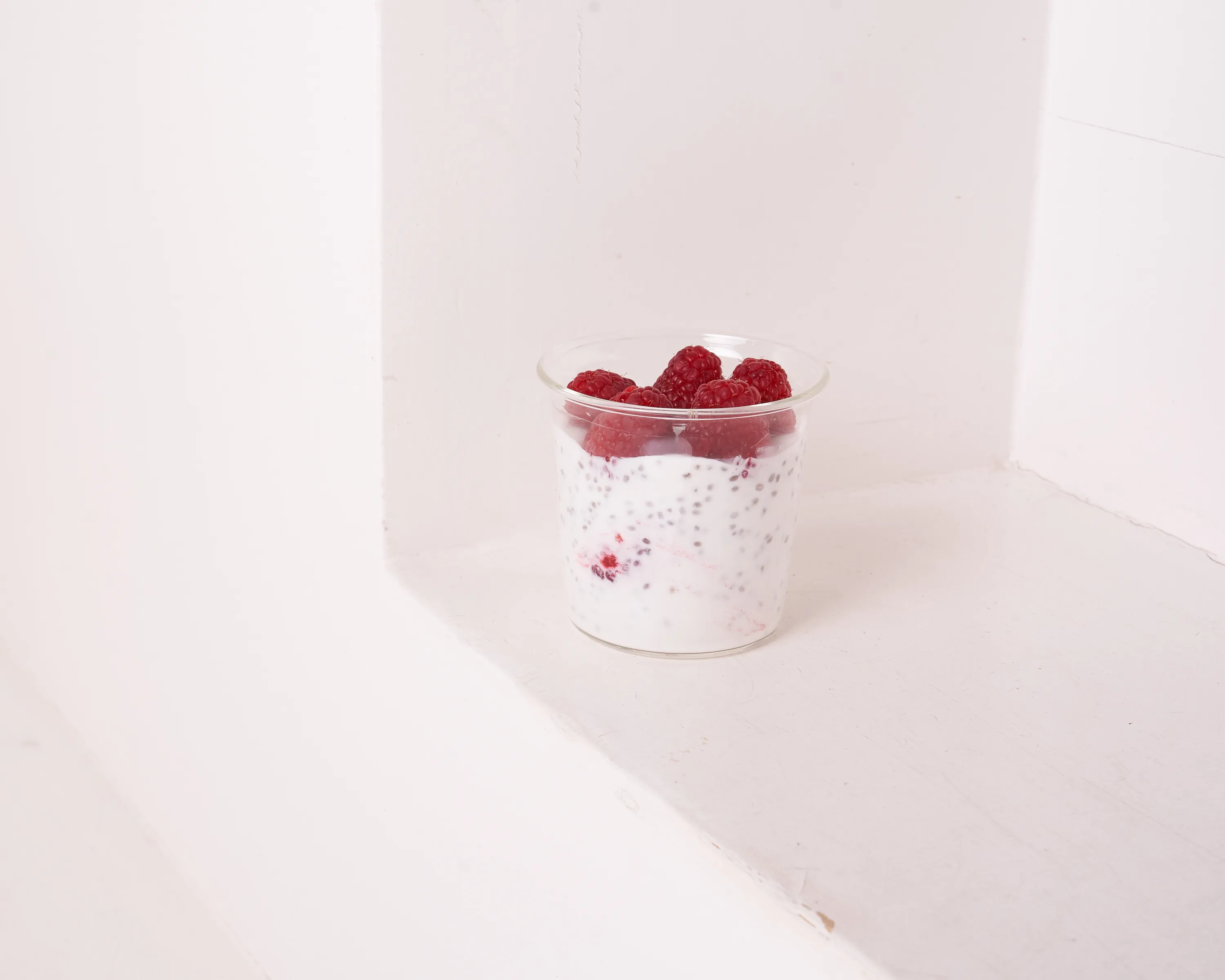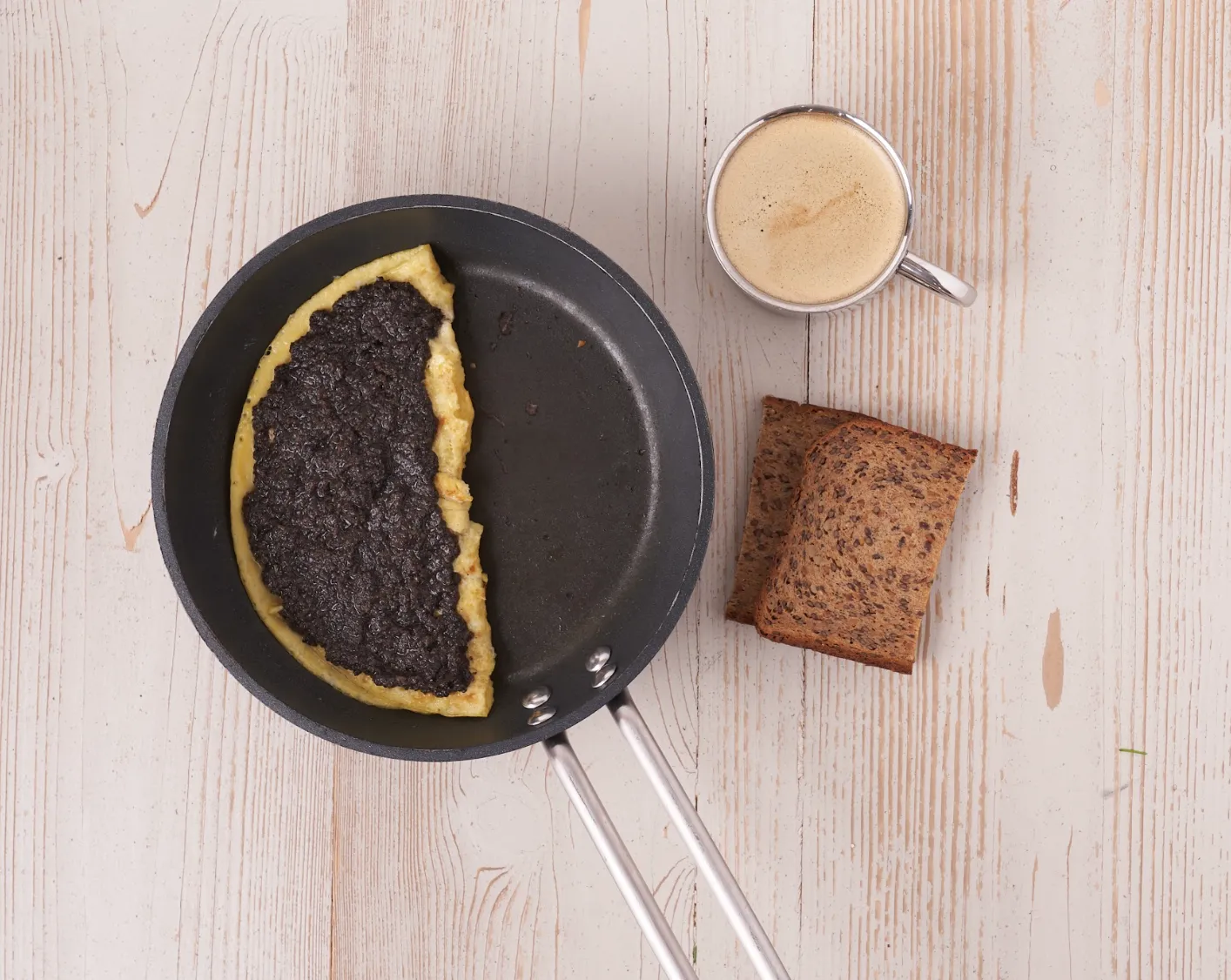
Oats contain vitamins A, E, K, PP, and B vitamins (B1, B2, B6), which are essential for overall well-being and support active mental activity. In addition, oatmeal boasts a rich mineral composition, including magnesium, iron, manganese, iodine, fluorine, phosphorus, calcium, and potassium. This vitamin-mineral complex, combined with high-quality carbohydrates, provides sustained energy throughout the day and boosts strength for those engaged in sports.
Studies confirm: Those who eat breakfast are better at maintaining their weight, making healthier food choices, and consuming fewer calories throughout the day.
The benefits of oatmeal
The coarser and denser the oatmeal flakes, the slower they are absorbed by the body. This ensures a longer-lasting feeling of fullness without causing sharp spikes in blood sugar levels.
Fiber in oatmeal acts like a “brush” in the body: it passes through the intestines without being digested, removing accumulated toxins, waste, and undigested food from the intestinal walls. During digestion, oatmeal becomes sticky, coating the stomach and intestinal walls. Combined with fiber, this property helps facilitate digestive and metabolic processes.
Reducing “bad” cholesterol is another benefit of oatmeal, which is why it’s highly regarded not only by gastroenterologists but also by cardiologists (and our blood vessels).
Types of oatmeal
Oatmeal can be classified based on how the grain is processed:
Whole oats. These are underprocessed or flattened polished oats, often referred to as "old-fashioned" oats. They are the simplest and coarsest type of oatmeal. Cooking time can take up to 1.5 hours, and the grains expand 3–4 times in volume when cooked. This type retains all the nutritional properties of whole grains.
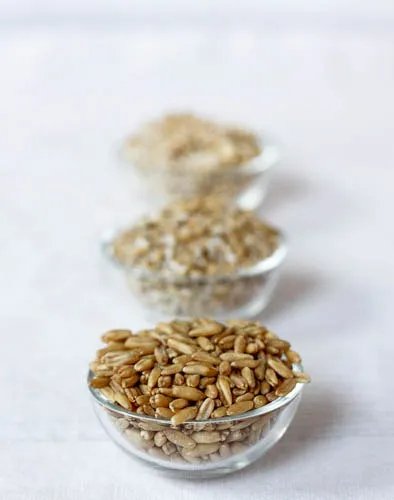
Oatmeal and instant cereals. The most popular type of oatmeal, this is made from pressed oats of varying thickness, ranging from flattened whole grains to polished thin flakes. The thinner the grain, the less time it takes to cook. However, the farther it is from the whole grain, the faster it is digested, resulting in a higher glycemic index.
Muesli, granola, etc. Oatmeal that does not need to be cooked is often mixed with nuts and dried fruits to create muesli or granola. These can be soaked in honey or syrup for added flavor.
A few recipes to my taste:
Oatmeal with bananas and cardamom
- 80 g oat flakes
- 350 ml of water
- 2 ripe bananas
- 2 tbsp. nuts
- ½ tsp. ground cardamom
- 2 tbsp. poppy seeds
- 2-4 tbsp. honey or sugar
Cook the basic oatmeal. Peel the bananas and slice them into circles. In a dry frying pan, toast the nuts for 1–2 minutes, then turn off the heat. Add cardamom and poppy seeds to the nuts, mixing well. Drizzle the banana slices with honey and mix them with the cooked oatmeal. Serve the oatmeal topped with the nut, cardamom, and poppy seed mixture.
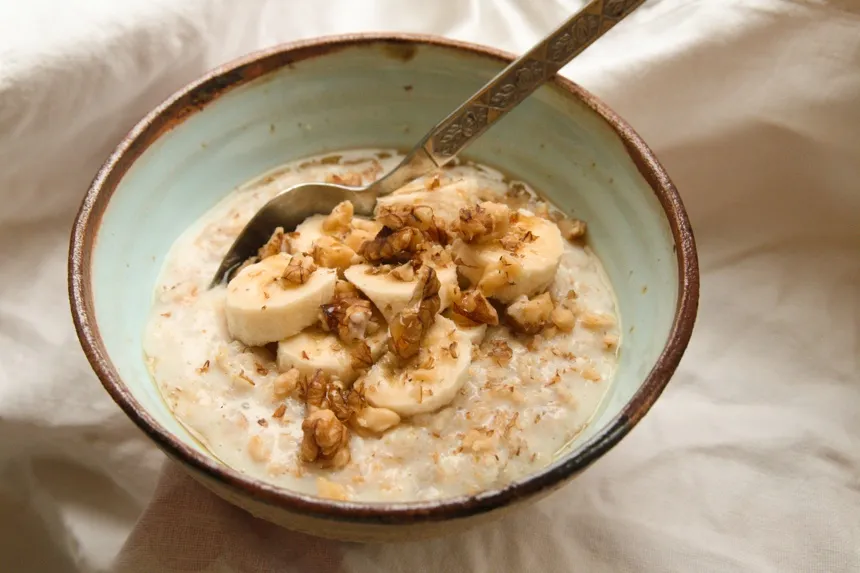
Chocolate oatmeal
- 80 g oat flakes
- 350 ml of water
- 2 tbsp. cocoa
- honey
- banana, hazelnuts
Cook the basic oatmeal as usual. Two minutes before it's ready, add the cocoa powder and stir thoroughly until well combined. Sweeten with honey to taste, and top with banana slices and hazelnuts before serving.
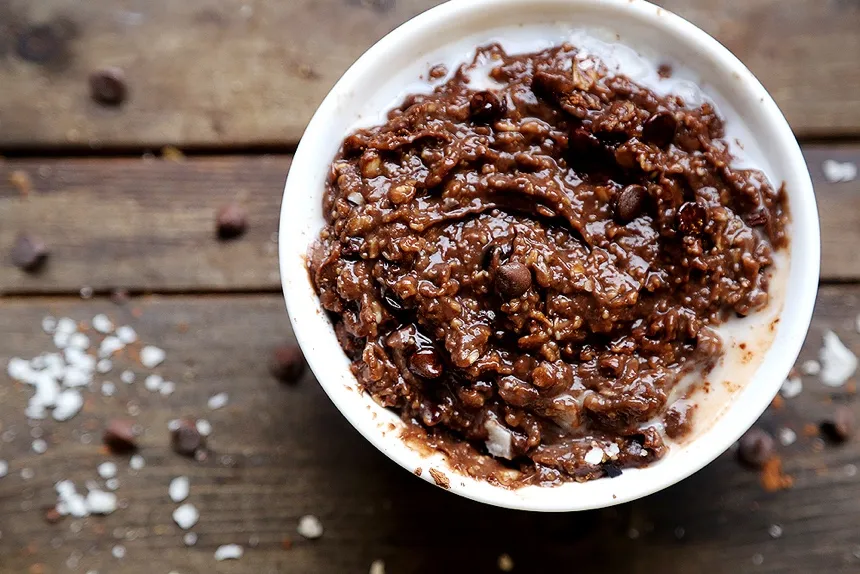
Oatmeal masala
- Masala tea
- 80 g oat flakes
Prepare masala tea according to the recipe. Divide the oat flakes between 2–4 jars, then pour the hot tea over them. Cover and leave to soak overnight. Before serving, add a spoonful of flax or chia seeds.
